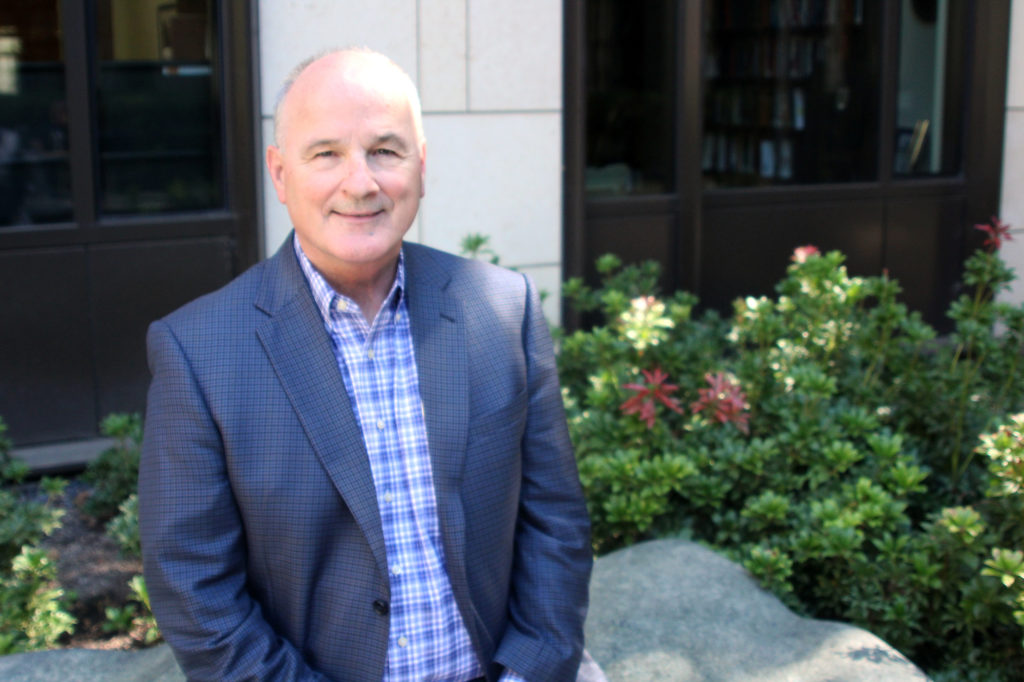New Director of Fourth Amendment and Open Courts at CIS

Retired federal judge Stephen William Smith joined Stanford Law School this fall as director of Fourth Amendment and Open Courts at the Center for Internet and Society (CIS). Smith will focus on the constitutionality of digital search and surveillance, as well as public access to court records authorizing those investigative techniques.
“For many years Judge Smith has been at the forefront of these issues, confronting the difficult challenges of applying the Fourth Amendment to 21st century policing techniques,” says Barbara van Schewick, professor of law, Helen L. Crocker Faculty Scholar, and CIS faculty director.

Smith is the author of several early opinions on electronic surveillance, including one in 2005 requiring a warrant for cell phone tracking—a position that the U.S. Supreme Court also took in Carpenter v. U.S. He wrote the first court opinion considering law enforcement authority to remotely hack into a computer suspected of being used for criminal activity—a decision that prompted the U.S. Department of Justice to seek an amendment to the federal rules of criminal procedure. Smith has become a recognized voice in this quickly developing area of law, testifying before the U.S. Congress on reforming electronic communications privacy laws and advising the American Law Institute’s project on policing law. Also a forceful advocate for greater transparency in the criminal justice system, Smith has published several articles criticizing secrecy surrounding electronic surveillance orders and has pressed for definite time limits on judicial sealing and gag orders, as well as more open docketing practices. In his new capacity as a CIS director, Smith sees an opportunity to focus full time on these twin policy concerns.
“The Fourth Amendment makes law enforcement accountable to the judiciary, and transparency makes both the judiciary and law enforcement accountable to the people,” says Smith. “Public accountability pushes decision makers to improve law and technology in ways that further democratic values.” From 2004 until his retirement in July, Smith served as a U.S. magistrate judge in Houston, Texas. Before taking the bench, he practiced law for 25 years with Fulbright & Jaworski, specializing in labor and employment law.
